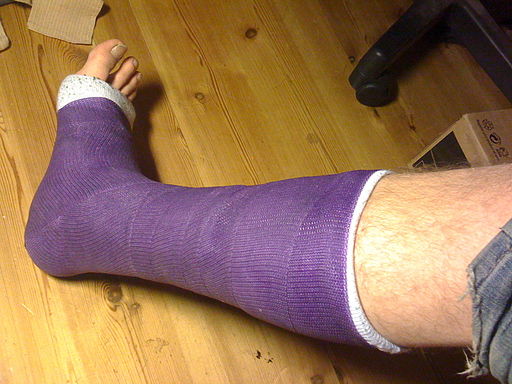No injury is a picnic. However, a serious injury at work comes loaded with all kinds of damaging effects to your life. Besides the fact that you may have to pay for medical costs, there’s also the pressure of the work environment. A lot of people don’t know how many rights they have protecting the employee. There are also serious mental and physical repercussions to serious injuries. Chronic pain can develop and the change in lifestyle can bring real mental illness. In this article, we’re going to take a look at what to do after a serious work injury to minimize these effects as much as possible.
Responsibility
Every company fears worker’s compensation. Not only does it cost them financially but it has bad effects for their reputation. However, if you’ve been seriously injured at work in an accident that wasn’t your fault, disregard that. Your personal safety is a priority and one that your workplace failed. Identifying responsibility is an important part of healing as well as a necessary step to protect your livelihood. Your rights as a worker protect you from repercussion so don’t fear taking legal steps.
Getting treatment
A lot of people neglect to get themselves treated even after a work accident. Even if you feel like you can recover on your own, don’t neglect your body. Visit a doctor as soon as possible. If you’re able to identify that it was someone else’s responsibility, make sure you get a copy of all medical records and costs as proof. A lot of serious injuries can lead to chronic pain, too. Physiotherapy and rest can help, but if you’re suffering long-term pain, there are other options. Visiting clinics for serious ketamine therapy can help you abate your chronic pain. Pain has serious mental effects besides the immediate suffering, so get it treated.
Overcoming
We’ve talked about some of the mental effects of a serious injury already. Real stress and a loss of self-confidence can easily develop from being rendered physically incapable for some time. Unexpected events can have us realize our vulnerabilities like never before. This gives us feelings of numbness, anxiety and extreme sadness. Be alert to changes in your mood and how you react to your everyday situations. If you identify changes that worry you, you might need the help of a specialist. Coping with these changes is as big a part of your recovery as taking care of your body. Don’t neglect them.
Healing
After the initial treatment, you will still need to put some care into how your body is healing. More now than ever you need to put effort into physical training. Sports specialists know how important it is to develop a proper exercise regime even when injured. Rest and proper nutrition are two more aspects that are vital to your recovery. Other issues that can get in the way of your body’s healing include indulging in alcohol once too often and not getting enough sleep. If you’re not healing fast enough, start developing a real health regime.




With a professional online class helper by your side, you don’t have to worry about your online class, discussions, quizzes, or online exams. Get a quote now to get the grades you’ve always dreamed of!
Pay Someone To Take My Online Class
We provide support for those looking for ‘Take my Exam for me’ solutions. Need help with your exam? We offer services so you can pay someone to take your test, hire someone for exam assistance and solutions.
Pay Someone To Take My Proctored Exam